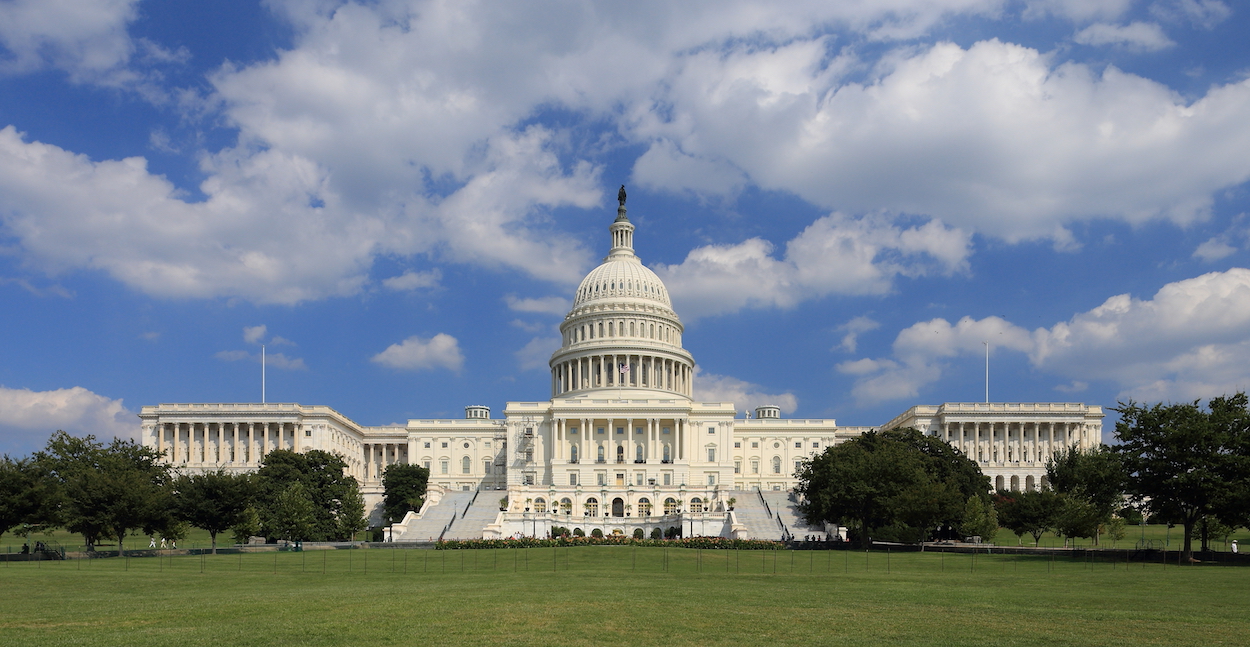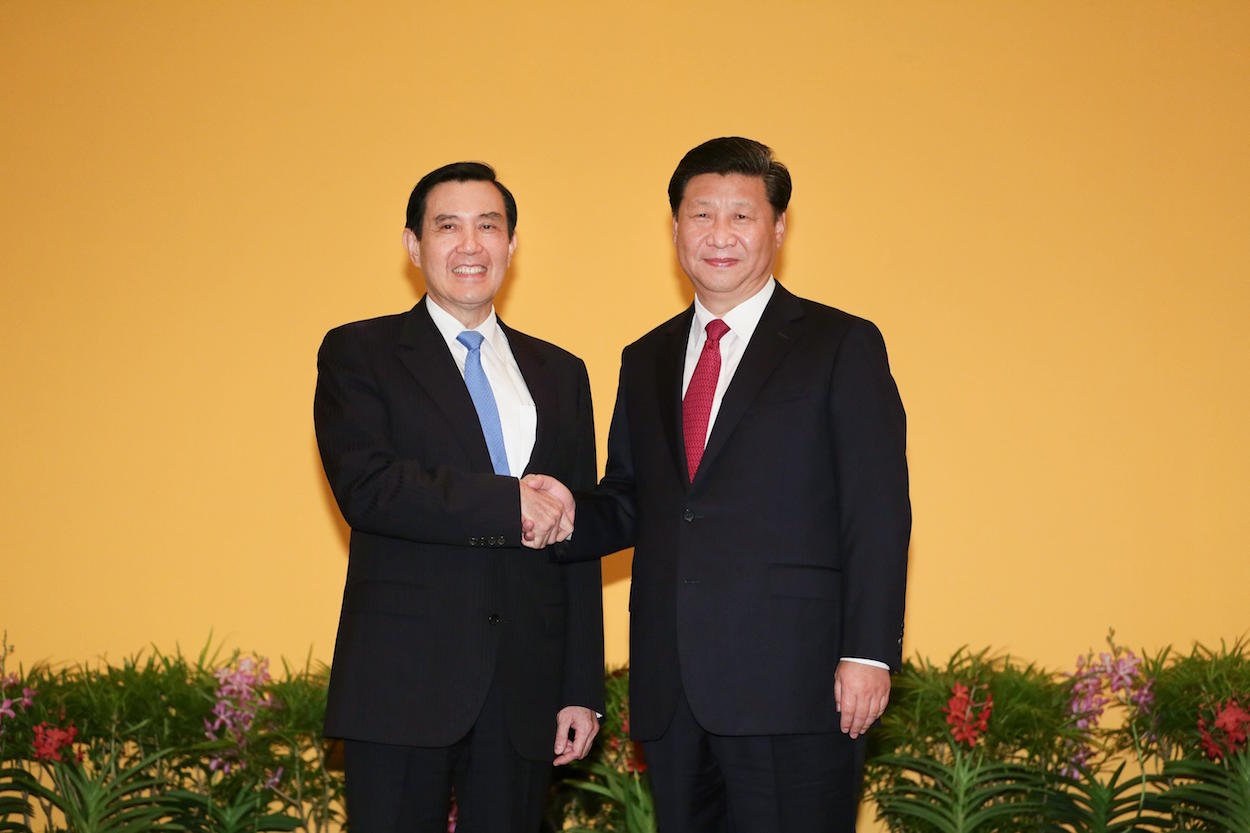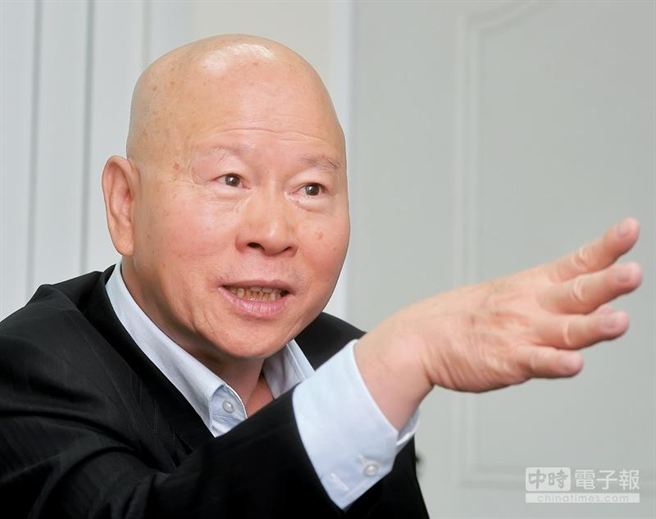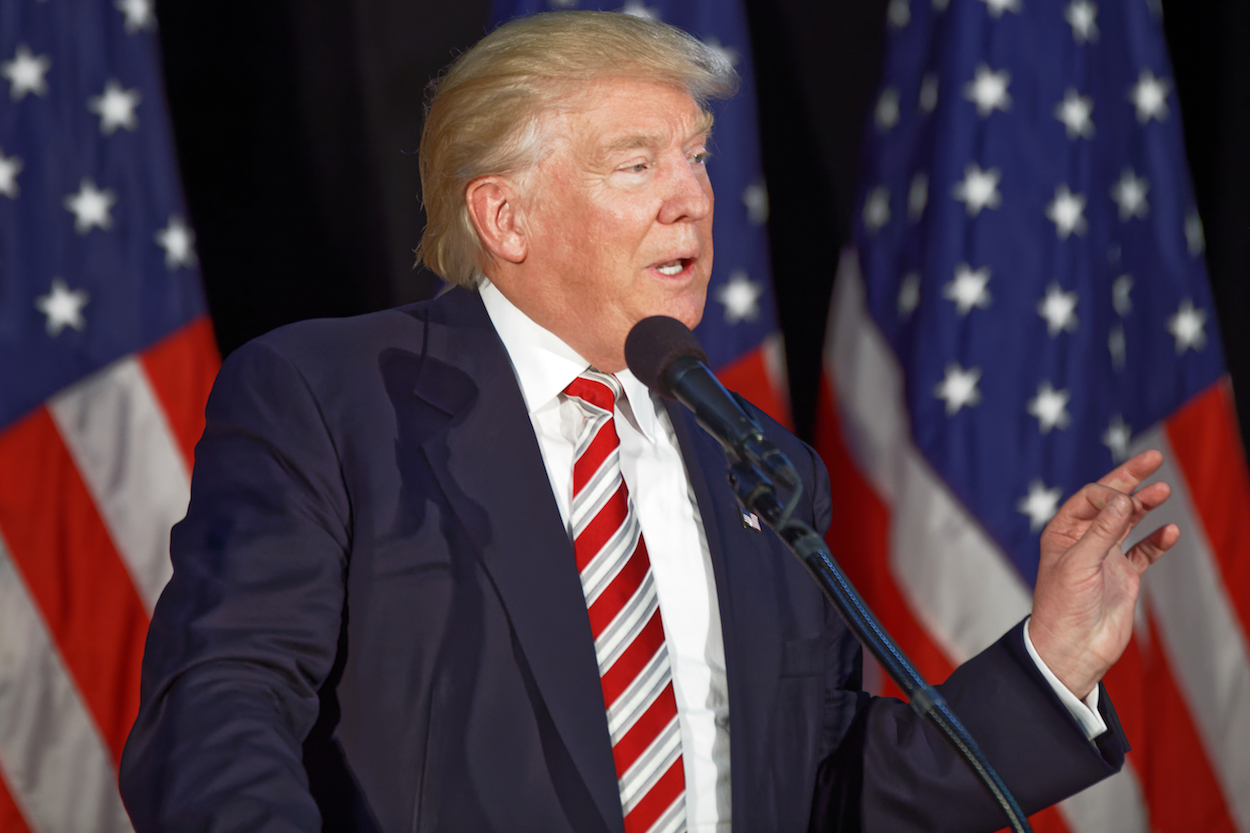by Brian Hioe
語言:
English
Photo Credit: PXHere/CC
THE PASSAGE of the Taiwan Travel Act has been hailed as a triumph by pro-Taiwan groups in the US as representing a step forward in advancing US-Taiwan relations, this usually with the claim that the US and Taiwan share democratic values. And so it is only natural for America and Taiwan to build stronger ties in the face of threats from China, they claim.
On the other hand, media coverage of the passage of the Taiwan Travel Act by western media has oftentimes acted as though the move were not in America’s strategic interest and founded upon rational calculation by America. Instead, the passage of the Taiwan Travel Act has instead been cited as another dangerous move by the Trump administration, one which will be dangerously provocative of China.
 Photo credit: Martin Falbisoner/WikiCommons/CC
Photo credit: Martin Falbisoner/WikiCommons/CC
Between these two polarized positions, then, what seems to be shared is a sense of the Taiwan Travel Act’s significance for future relations between the US, Taiwan, and China alike. However, both positions miss the point entirely. The passage of the Taiwan Travel Act changes very little about the fundamentals of US-Taiwan relations, but instead simply makes a new tactical move available in the diplomatic repertoire of Taiwan and America on the world stage.
The Taiwan Travel Act allows for the visit of high-level Taiwanese government officials to America, something that was previously forbidden according to self-imposed limitations by America after it switched recognition from the ROC to PRC in 1979. Notably, China has acted as though this is dangerously provocative in stepping up political cooperation between the US and China, threatening military reprisals against Taiwan for the passage of the Taiwan Travel Act.
But it would be foolish to assume that the Taiwan Travel Act means anything fundamental simply because China has responded strongly against it. In general, placing too much weight on Chinese invective can be more misleading than not, since China usually responds to any diplomatic actions by Taiwan by condemning it. To think that something is important because China condemns it, in fact, leads to inaccurate assessments regarding what are truly significant diplomatic moves that China is worried about and diplomatic moves that China is not worried about. This may be the tactical utility of continual, never-ending Chinese invectives against Taiwan.
The Taiwan Travel Act will, in theory, allow American and Taiwanese government officials to make a display of closer US-Taiwan on the world stage through visit of high-ranking Taiwanese government officials to America. Some call, for example, for a Trump-Tsai meeting to follow up on the Trump-Tsai phone call that provoked a great deal of controversy shortly before Trump took office due to how this broke from decades of past American diplomatic precedents.
 Ma Ying-Jeou meeting with Xi Jinping on November 7th, 2015. Photo credit: Presidential Office
Ma Ying-Jeou meeting with Xi Jinping on November 7th, 2015. Photo credit: Presidential Office
Yet the Taiwan Travel Act does not truly signal any closer actual cooperation between Taiwan and America per se. American and Taiwanese government officials do not have to meet physically to exchange information, after all, no more than Ma Ying-Jeou and Xi Jinping meeting in Singapore near the tail end of Ma’s presidential term was primarily grandstanding for the public. In the age of the Internet, the telephone, and other forms of advanced telecommunications, Ma and Xi really did not have physically meet in order to communicate, share information, or even coordinate strategies. So, too, with the Trump and Tsai administrations.
The Taiwan Travel Act, then, is probably best viewed as something directed towards the outside world, providing for the possibility of US government officials meeting with Taiwanese ones as a diplomatic signal to the world of closer cooperation between Taiwan and the United States. Although American State Department officials visited Taiwan shortly after its passage, and this has been viewed as a dividend of its passage, it is further a question whether high-level visits from figures more in the public eye, such as Trump or individuals directly below him, will ensue.
With the protectionist and hawkish wing of the Trump administration on the resurgence, as observed in the re-ascendance of Mike Pompeo, Peter Navarro, John Bolton, and the ouster of Rex Tillerson and Gary Cohn, the principle of Chekhov’s gun applies here. The possibility of the Taiwan Travel Act being put into use sometime in the future under the Trump administration has increased.
Yet even if the Taiwan Travel Act does not come into play, one expects it to become used as significant political ammunition within Taiwan among conflicting forces within the DPP. Notably, elements of the DPP calling for some form of rapprochement with China have returned, having previously been silenced when the “Tsai faction” swept into power following following the Sunflower Movement’s show of resistance towards the Ma administration’s pro-China policies and put Tsai Ing-Wen into power on a platform of shifting away from the previous Ma administration’s pro-China stance.
 Hsu Hsin-liang. Photo credit: China Times
Hsu Hsin-liang. Photo credit: China Times
Advocacy of rapprochement with China had been expressed in the DPP in the past by individuals such as Frank Hsieh, currently Taiwan’s representative to Japan. Such views have recently been again expressed by Hsu Hsin-liang, who would join with Su Chi of the KMT in order to urge the DPP to avoid total reliance on America and to seek some form of rapprochement with China.
Although aims of not wholly relying on America are logical for Taiwan, not only in light of the long history of America treating Taiwan as a geopolitical pawn but also the instability of the Trump administration, such statements seem to be made to push for rapprochement with China by Hsu. Hsu, a former DPP chair sometimes perceived as an ally of Hsieh, had supported the pan-Blue coalition from 2000 to 2008. The Tsai administration may leverage on the passage of the Taiwan Travel Act to silence these dissenting voices within the DPP, citing, for example, claims by former AIT head that passage of the Taiwan Travel Act means that America indirectly acknowledges that Taiwan is a country—a gratuitous claim which highly overstates the significance of the act by any measure.
It also does to look at American claims about the Taiwan Travel Act as representing a strong stance by America in favor of Taiwan, as claimed by Stanton or others, with a high degree of skepticism. The Trump administration notably downplayed the passage of the Taiwan Travel Act by releasing news of its passage on a Friday, a usual practice by presidential administration to try and “kill” a story despite that, again, the Taiwan Travel Act should primarily serve as a signal directed towards the outside world. Despite the fact that American foreign policy is again shifting in the direction of a strong anti-China stance which may mean stepping up support for Taiwan, the many shifts of the Trump administration leave one with little faith that any of its policy positions will be permanent.
And, again, returning to the root of the matter, America’s policy to not allow high-profile Taiwanese government officials to visit America was self-imposed to begin with;these were never even terms of its agreement with China as part of the the Shanghai Communique or other significant agreements between America and China concerning the status of Taiwan.
 Donald Trump. Photo credit: Michael Vadon/Flickr/CC
Donald Trump. Photo credit: Michael Vadon/Flickr/CC
American hypocrisy when it comes to matters of Taiwan is nothing new, whether it comes to the history of martial law and American support for Chiang Kai-Shek’s dictatorial rule, or contemporary suggestions by Donald Trump that he sees Taiwan as a bargaining chip with China. And so it is indeed that Taiwan needs to be wary of both America and China. This will have to be kept firmly in mind going forward. However, it also remains to clear up misconceptions about the import of the Taiwan Travel Act.

